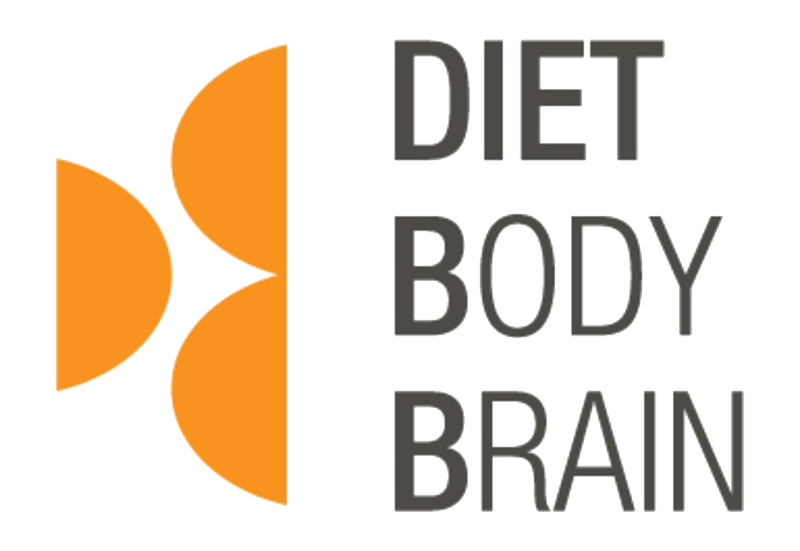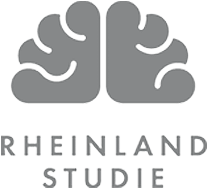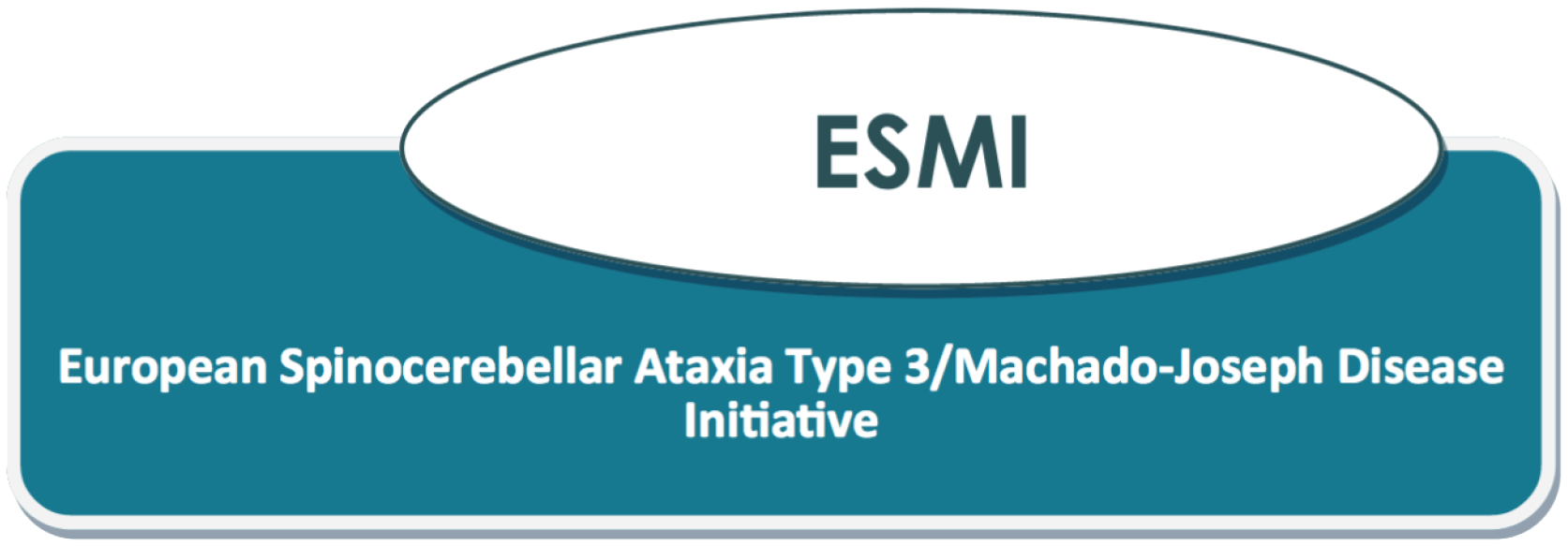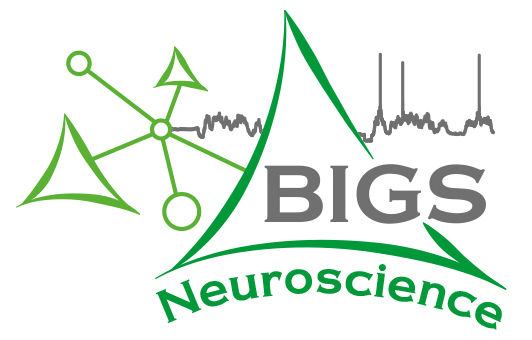Partners and Education
Many of our faculty members are part pf research associations and allow doctoral students to work on exciting scientific problems
Many of our BIGS Clinical and Population Science faculty members maintain national and international research partnerships to diverse research groups and are part of collaborative research associations. These collaborations are essential to share experience in science and make exchange of academic ideas much simpler. Doctoral students benefit from these connections for their career through the offer of exciting projects, top teaching opportunities, exchanges, meetings, and academic events.
Our research associations and research partnerships
The scientific programme of the Excellence Cluster Immunosensation (DFG) is based on the concept of the immune system as a sensory organ. The focus of interest is the innate immune system, which can differentiate between the body’s own, pathologically altered molecules and molecules foreign to the body by recognizing molecular patterns. The responses orchestrated by the innate immune system play a decisive role in the development of major common diseases such as arteriosclerosis, diabetes mellitus and Alzheimer’s disease. The aim of the Cluster of Excellence is to translate basic scientific findings into clinical application.
iMed is a network of 6 Helmholtz Centres that work in close cooperation with partners in Germany, Europe and outside Europe. In iMed, large patient and population cohorts are characterized with the goal of personalized medicine. The research projects relate to the widespread diseases cancer, metabolic and cardiovascular diseases, diseases of the nervous system as well as infectious and lung diseases.
Neuromics (EU FP7) uses state-of-the-art Omics technologies to develop new diagnostic tools and pathomechanism-based therapies for rare neurological and neuromuscular diseases. The genetic heterogeneity of these diseases is very high, with a total of several 100 genetically defined entities being studied. Although every single disease is rare, there are about 500,000 – 600,000 patients in Europe who suffer from one of these diseases.
Integrament is a BMBF-funded network within the framework of the e:Med programme for system medicine.
Diet Body Brain Competence Cluster in Nutrition Research

The DietBB Competence Cluster in Nutrition Research (BMBF) investigates the link between diet and the development, maintenance and decline of cognitive performance over the entire life cycle. 12 academic partners, the German Nutrition Society and 2 industrial partners participate in the competence cluster.
Rheinland Study

A unique resource for epidemiological research in Bonn is the Rhineland study led by Prof. Monique Breteler. The Rhineland Study accompanies 30,000 people aged 30 and over for several decades with the aim of gaining a better understanding of the complex links between human health and disease over the course of human life. The study focuses above all on understanding the normal structure of the brain with its physiological variations and how these change over the course of life, taking into account individual lifestyle as well as physical and mental factors.
European Spinocerebellar Ataxia Type 3/Machado-Joseph Disease Initiative

The aim of this study is to compile a trial-ready cohort of sufficient size consisting of patients with spinocerebellar ataxia type 3 (SCA 3) and first-degree relatives, so-called risk persons, for future drug studies. Spinocerebellar ataxia type 3 (SCA 3) is also referred to as Machado-Joseph disease. It is the most common hereditary ataxia. Although the causal gene mutation is known, there is no therapy yet. A main focus of the study is to identify so-called biomarkers that map the severity of the disease at a very early stage. These are of particular importance as progression parameters for future drug studies. The study is coordinated by Prof. Thomas Klockgether.
ESMI brings together a total of 8 cohorts internationally, whose participants are brought together in a common database and examined with the same standardised protocols. Special attention is paid not only to patients who are already ill, but also to so-called risk persons, i.e. first-degree relatives who are also carriers of the triggering gene mutation with a 50% risk.
In addition to the clinical neurological examination, the examinations within the scope of the studies also include blood samples (optionally also cerebrospinal fluid samples) and MRI imaging. In addition, lifestyle factors such as activities in everyday life and subjective assessment of the quality of life are collected in order to identify factors that directly describe the restrictions in everyday life caused by the disease.
A strong collaboration with the PhD program BIGS Neuroscience in Bonn enables doctoral students access to technical education in a huge spectrum of topics as well as to build a strong network with other doctoral students and young researchers.
Bonn International Graduate School of Neuroscience

The Bonn International Graduate School of Neuroscience offers a top-level, internationally competitive training and research program for doctoral students in the rapidly developing field of neuroscience. Our three-year research program is focused on understanding the molecular and cellular mechanisms underlying complex behavior, and the application of these insights to central nervous system disorders. The interdisciplinary graduate school is located at the University of Bonn in the center of a powerful research region and includes outstanding scientists from the Faculty of Mathematics and Natural Sciences, the Faculty of Medicine, the Faculty of Philosophy, the German Center for Neurodegenerative Diseases in the Helmholtz Association and the Research Institute Caesar in the Max Planck Association. Thus, doctoral students in Bonn get the chance to work together with scientist from Germany´s most important organizations and be taught in modern methods of neuroscience research. We feel confident that besides the scientific education we offer, it is also important to provide the students an opportunity to train their ability in communicating their research results, to attend courses on career development and to become successful members of the Neuroscience community.
BIGS Clinical and Population Science and BIGS Neuroscience support the Deutsche Neurowissenschaften Olympiade to provide young students an early introduction into neuroscience as well as an occasion to network with neuroscientists in Bonn, and thus a life-changing experience
Deutsche Neurowissenschaften Olympiade e.V.

Our program is inspired by the International Brain Bee (IBB), a global science outreach initiative, which targets high school students. The IBB promotes the study of life-sciences and aims to introduce talented young students to the global scientific community. Former US Brain Bee participant, Dr. Julianne McCall established the “German Brain Bee” (GBB) competition in 2011 during her Ph.D. studies. Over the next 4 years, the GBB was held annually in Heidelberg, reaching more than 100 high schools across Germany since its inauguration. In 2015, the GBB was renamed the ‘Deutsche Neurowissenschaften Olympiade’ (DNO) e.V. and was established as a non-profit organization. Soon after, the board of the DNO e.V. began the process of expanding the competition throughout Germany with great success. Now, competitions are held in Bonn, Heidelberg, Berlin, and Frankfurt every spring. Currently, DNO e.V. is supported by students, scientists, teachers, and professors, as well as the German Neuroscience Society (Deutsche Neurowissenschaftliche Gesellschaft, NWG) and the European Molecular Biology Laboratory (EMBL in Heidelberg, Germany).
So, if you share our passion for learning about the neurosciences amongst young students and you would like to support our team in Bonn to spread this knowledge, come and join us.
We look forward to you.

